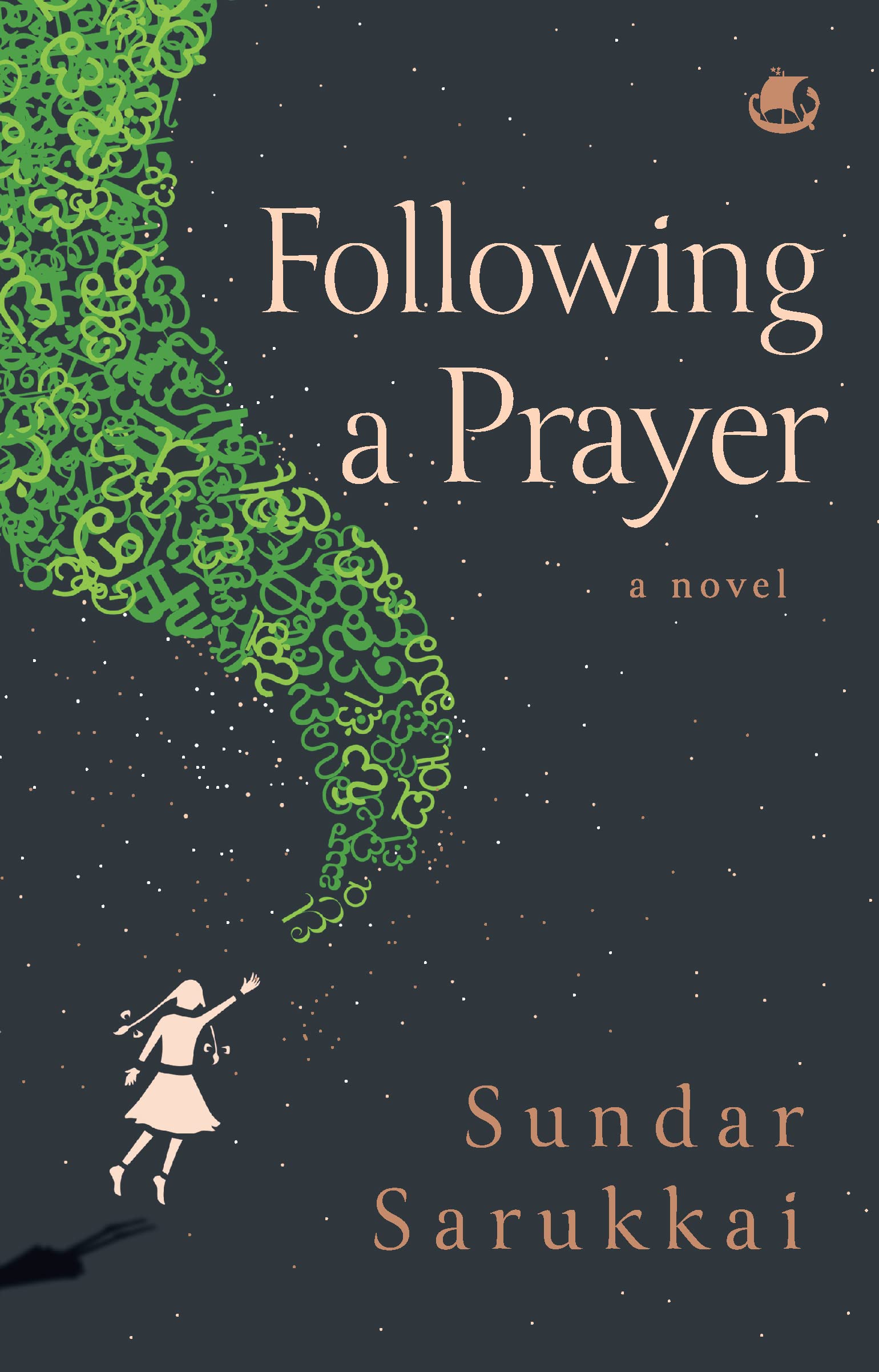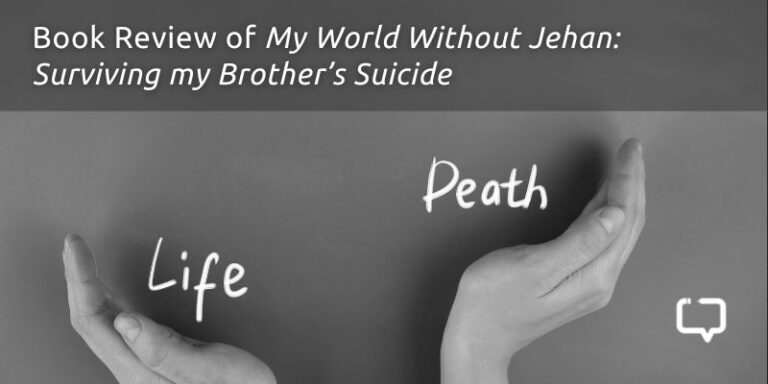Kabani R reviews Sundar Sarukkai’s Following A Prayer: A Novel (Published by Tranquebar Press, 2023)
Sundar Sarukkai’s recent novel, Following A Prayer: A Novel, explores the power of silence and the power required to live in silence. The novel begins with the disappearance of Kalpana, a twelve-year-old girl. And when she returns after three days, she refuses to speak. Through Kalpana’s restraint on speech and her search for the meaning of words and language, Sarukkai’s novel develops. From the children’s perspective, the novel explores questions about the definition of language, the capacity for meaning, the ambivalence of religion, and the existence of God.
Freedom of the Children
Three young girls—Kalpana, her sister Deeksha, and Deeksha’s friend, Kumari—are the protagonists in the story. Unlike adults, children have a curious outlook on life. Their childhood innocence and inquisitiveness enable them to ask questions fearlessly and seek answers without fear or intimidation. Since their world is one of the certainties, absolution, and exactness, they demand clear answers to their questions.
We encourage you to buy books from a local bookstore. If that is not possible, please use the links on the page and support us. Thank you.
Therefore, when Ajji tells Kalpana to follow her words in the air to understand where the prayer went, Kalpana innocently goes behind it, expecting an answer. Children’s queries do not stop; they extend unknowingly to philosophical queries, whether related to religion, truth, meanings, or gender. Their questions, like “Why do even women gods have male priests?” “Why can’t we create our own God?” or whether one’s brain is female or male might seem mischievous to adults, but besides innocent queries, they are pertinent moral and political questions too. Though these questions pose themselves in the minds of adults, they shy away from challenging themselves with the answers.
Kalpana believes that language is a lie and that words lead nowhere because neither God nor anyone else comes to rescue her when she calls for help while she is trapped in the forest. She is persistent in her decision not to speak, which requires extreme composure, self-control, and discipline. Her parents bring her to different doctors, to temples, and to different forms of coercive tactics, but she refuses to nudge. She communicates through nodding, doodles, and scribbles, and that alone if she wishes.
Moreover, to suppress the desire for words from bursting out of her mouth, she ventures into physical releases such as shaking, moving, and poking the body to control the temptations or vomit them out to transform the release of words into sounds that burst out. Her decision to abstain from speech began first as a protest, but living through it slowly opened her to a different world of existence and reality.
Silence and Sound
The character of silence has an aura and power of its own. Kalpana’s silence helped her understand the value, depth, and power each word carries. Amidst all the chaos and confusion focusing on her, she sustains her state of silence. In truth, she finds her voice in silence: “In her forced silence, she found her true voice” (p. 96). Kalpana grows through silence, where she realises the futility of the daily, incessant chattering that furthers one from the truth.
After incessant failed attempts to make Kalpana speak, she has been taken to learn music from Gangamma, a nomadic singer. A mute student learning to sing may sound paradoxical, but Gangamma’s music lessons gave Kalpana answers to her quest. In the informal music lessons, she teaches three girls that sound is the core of music, language, and everything. Her teaching turns into a reflective learning experience for Kalpana, where she realises that every sound is a search and a process.
With her acquired silence, she develops sensitivity to sound, wherein listening to each sound adds layers of unheard sounds, and it turns surreal for her. Through lessons on sound and music, Kalpana attains a heightened state of meditative quality; witnessing her liberation and transformation, the question of whether she will speak soon, unlike her family and villagers, seems to be the most peripheral concern for the readers.
Gangamma’s teaching generates impacts on Deeksha and Kumari as well. Listening to sound in its purest, unfiltered form is so captivating and enticing that it is a revelation one finds hard to resist. The call of the sound is more like a spiritual call where they, like Kalpana, lose themselves in the forest listening, realising the power of sound and its magical, mystical, and immersive experience in connecting to their soul. In their journey of questions, doubts, and revelations, young girls achieve internal growth. Though the novel signs a tragic end, it also signals the path to eternal truth three girls reached.
Conclusion
Sarukkai, the founder of the Barefoot Philosophers, is a great advocate of teaching philosophy to children. The narrative unfolding through the eyes of young children is the most refreshing and realistic take on the novel. Sarukkai explores how children are free, radical, and vocal in exercising their agency, while the grown-ups succumb to their world of conservatism.
In fact, adults are the learners here; adults learn when girls seek their answers, topple their beliefs, and dismantle their blind faiths. Children ask doubt or think about topics from which adults are conditioned to remove themselves. Thus, through children’s curious and innocent queries on the world, ideas, and concepts, Sarukkai reflects upon the deep philosophical queries of all time.
Best Quote
. . . Kalpana had slowly become aware that her favourite sound truly was silence. It was remarkable how, after having stopped speaking, she had begun to hear less and less of other people’s voices. Initially, the voices had crowded together, and the frustration of not being able to speak had made her mind, filled with her own voice, talk incessantly to itself. But over time, she had reduced the internal chatter. After starting the singing lessons, she discovered long stretches of silence within herself. And, in the nights when she sat up trying to listen to the sounds around her that she had never heard before, she discovered the power and the sound of silence.
Page 200
Have you read this deep reflection on the philosophy of life? What do you think of it? Drop a comment below and let us know!






















